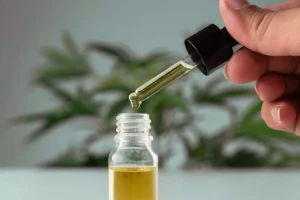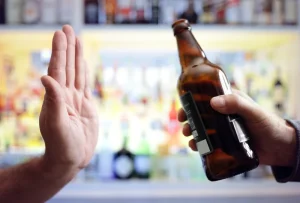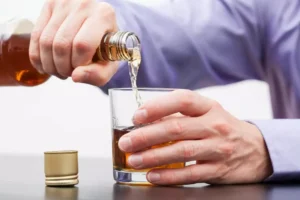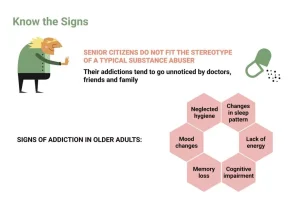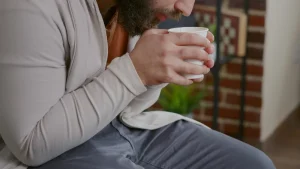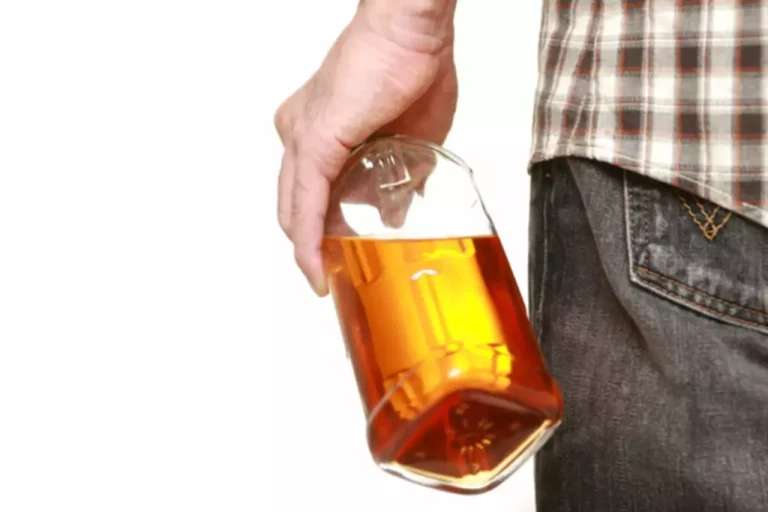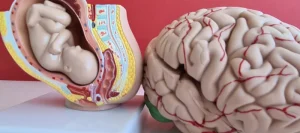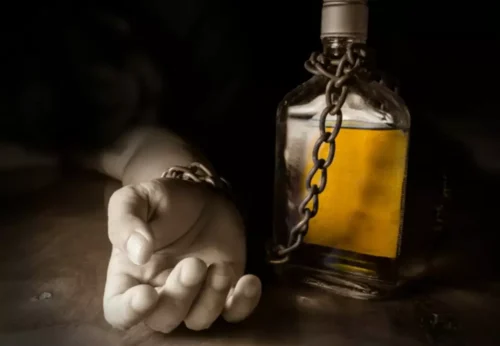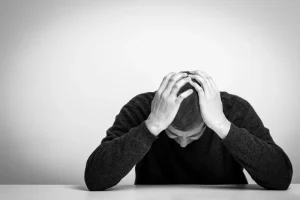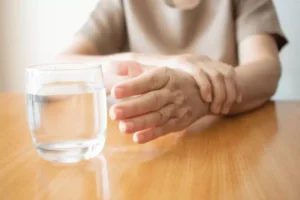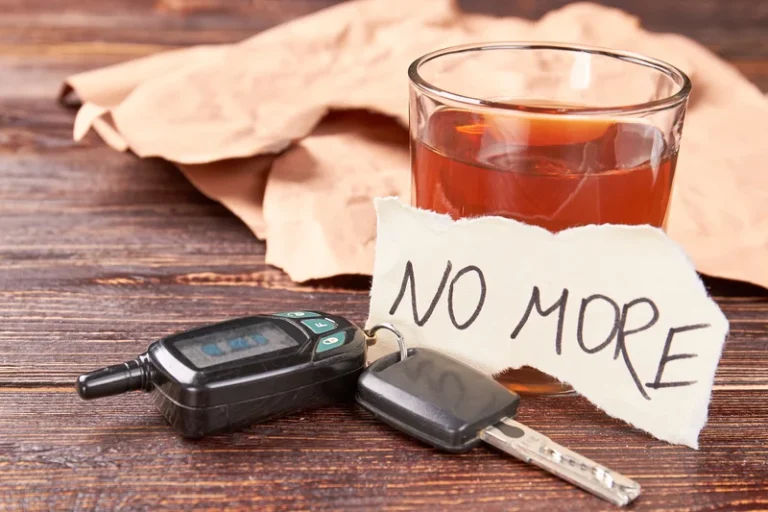Sorting out the health effects of alcohol
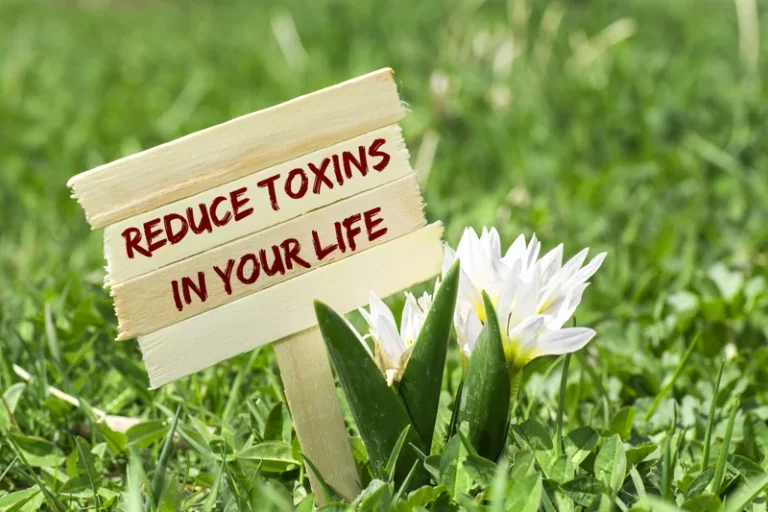
Drinking habits can also impact jobs and finances, causing further stress and insecurity. It’s important to remember that alcohol use disorder is a medical condition, not a moral failing. The good news is, once you acknowledge that your drinking has become unhealthy, you can take steps to repair and heal from the role alcohol played in a relationship. Loved ones are an integral part of the addiction recovery process, but they need to balance their own needs in addition to providing support. To do that, they can set boundaries around their emotional, physical, and financial relationship, for example that the house will remain an alcohol-free zone.
The Impact of Alcohol on Mental Health and Relationships
With a global burden of 1.9 million new cases and 0.9 million deaths estimated in 2020, colorectal cancer (CRC) is the third most common cancer type and the second most common cancer death due to this malignancy in the world [1]. Observational studies may be vulnerable to residual confounding by factors that https://ecosoberhouse.com/ cannot be measured, and this may limit it in interpreting such an observed association as a causal relationship [3, 4]. Support groups are available if you don’t feel ready to start seeing an individual therapist. These groups can help you find community and understanding as you continue to learn about BPD.
Supporting a Loved One: Medication & Recovery
Incident CRC cases were determined via the ICD-10 code, in which CRC was defined as either colon cancer (C18.0-C18.9) or rectal cancer (C19 and C20). Time to follow-up was defined as the date of study enrolment until the date of CRC diagnosis, death, lost-to-follow-up, or end of follow-up (June 25, 2021), whichever came first. Mind Matters is a collaborative blog written by Menninger staff and an occasional invited guest to increase awareness about mental health. Launched in 2019, Mind Matters is curated and edited by an expert clinical team, which is led by Robyn Dotson Martin, LPC-S. But family members can feel great pain over a loved one’s SUD and are left to grapple with the consequences and the added stress all on their own. “I was just feeling like I needed a sense of community and home. I felt far away from myself, and that has been a touchstone for me since I was young.”
- Finances are about more than the dollars earned; they also include earning potential.
- Most people know that drinking too much can harm your mental and physical health.
- “A therapist can help you navigate your thoughts and feelings about the relationship and explore your options for moving forward,” says Metcalf.
- You might, for instance, revisit some of your concerns about their alcohol use, including how their drinking affects you, any children or other family members, and your relationship as a whole.
When Is Drinking a Problem in a Relationship? The Signs.
Alcohol misuse can have a serious detrimental impact on the health and well-being of individuals as well as their families. Getting treatment is essential and can help people begin to recover their normal functioning and improve relationships with their partners, children, and other loved ones. If you experience the above warning signs or people in your life express concern about your drinking and its effects on your relationships, it’s time to seek help. When both partners have been drinking, the role of alcohol may be even greater because of the potential for it to affect the thinking, perceptions, and risk-taking of both partners. That is, both partners are more likely to misconstrue the other’s behavior, be less able to resolve the situation without anger, and be more likely to engage in dangerous aggression that is likely to result in injury. In the context of an intimate couple, when one spouse has been drinking, he or she will be less able to address conflicts constructively because of the effects of alcohol on cognitive functioning and problem-solving.

- Relationships may deteriorate, as their social circle narrows to other drug or alcohol users.
- This cycle is also described as a “chemical romance” between an individual and alcohol.
- Child protective services can provide resources and support for families in need.
- Your loved one may want to stop treatment early and even ask you to help them do so.
Mild is classified as 2 to 3 symptoms, moderate is classified as 4 to 5 symptoms, and severe is classified as 6 or more symptoms, according to the DSM-5. Instead, make sure they know you’re genuinely interested in how they feel from day to day. It also doesn’t hurt to emphasize that you want to learn more so you can better support them on their journey to recovery.
It can be difficult to know whether or not to abstain from alcohol to support a loved one in recovery. Treatment settings teach patients to cope with the realities of an alcohol-infused world. Just like any other illness, it is ultimately the responsibility of the individual to learn how to manage it.
The National Alliance on Mental Illness (NAMI) provides free peer-led support groups all over the country not only for the person with the mental health condition but also for their partners or family members. Excessive drinking can lead to arguments, aggression, infidelity, and emotional distance. However, by setting clear boundaries, drinking responsibly, communicating openly, spending quality time together, and finding alternative activities, it is possible to minimize the negative effects of alcohol on relationships. Recognizing the signs of long-term alcohol abuse is the first step towards seeking help. These signs may include drinking alone, hiding alcohol consumption, experiencing withdrawal symptoms when not drinking, and neglecting responsibilities due to drinking.

Remember, it’s important to approach the conversation with compassion and understanding. By showing support and empathy towards your loved one, you can help them take the first step towards getting help for their alcohol addiction. Recognizing the signs of problem drinking early on can help prevent further damage to relationships and overall how alcoholism affects relationships health. When one partner drinks excessively, it can be difficult for the other partner to connect with them emotionally. This can lead to feelings of loneliness and isolation, which can further strain the relationship. Unfortunately, many people are not aware that there are medications available to help treat alcohol use disorder.

This includes both financial and emotional support, which alcoholism can erode over time. Children are likely to experience a number of problems related to the conduct or financial situation of their parents when alcoholism is involved. Children may experience neglect or physical and mental abuse as a parent loses awareness of their actions due to the effects of alcohol. Children may also find problems with their own social development appearing due to a parent dealing with alcohol abuse becoming unwilling or unable to support the child’s endeavors. This can range from missed events, such as soccer games or birthday parties, to outright neglect.

Recognize its impact on your relationship
Remember that recovery from alcohol addiction is a journey, not a destination. With time and effort, both partners can work towards building a healthier relationship dynamic free from the negative effects of alcohol addiction. Moreover, long-term alcohol abuse can also cause emotional distance and disconnection between partners. The person struggling with alcohol addiction may prioritize drinking over their partner’s needs, leading to feelings of neglect and frustration. Families and others that rely on a sufferer of alcoholism are likely to experience problems related to financial troubles caused by drinking habits.




